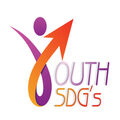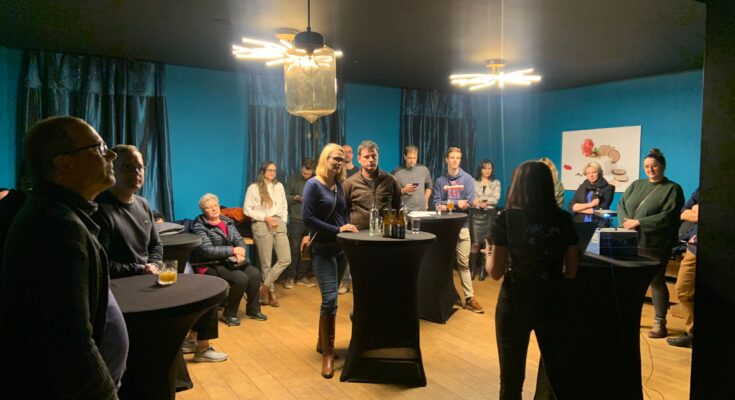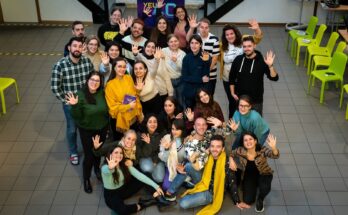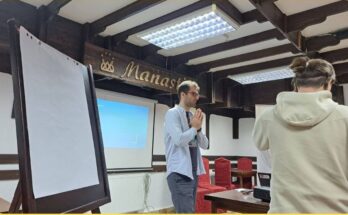When the time for multiplier events arrives, it sadly marks the lifetime of a project as coming to an end. This time, our Community Challengers project has been put on the spot in Brussels. To celebrate the amazing results of the project, we have gathered stakeholders from the NGO sector, the EU Parliament and EU Commission, and youth trainers and young people, among others. If you were not there – let us tell you a little more about this project.
Community Challengers combined environmental awareness, artistic expression and entrepreneurship education to empower young people from underprivileged communities across Europe. The project activated young people to learn about the causes and effects of climate change and mobilise their communities to become climate-smart, sustainable and united by integrating the arts with social entrepreneurship and advocacy. The project is based on a learning model that combines education, arts and social entrepreneurship, thus targeting both the intellectual and emotional levels. The learning model draws on a 4-step methodology developed for this project: Learn, Analyse, Create, Advocate (LACA learning method).
It enabled young people to learn about climate change; analyse their community from the point of view of sustainability; create a vision for the future, combined with entrepreneurship tools, and take action.
What did young people say about the project? Check the video and see.
What was done throughout the last 2 years? Four types of Community Challenges were launched in Italy, Portugal, Serbia, Croatia and Latvia. Beautiful artwork and initiatives were created by our young community challengers. Check out the processes and results here.
Advocacy is a complex process which is why one of the results of the projects is these advocacy tutorials to explain it.
We are more than happy and grateful to be a part of this project and to see how young people are challenging the world today, and we are looking forward to following up on their future initiatives.
The project has been r by expert partners from Belgium and Germany and implementing partners from Croatia, Italy, Latvia, Portugal and Serbia who have implemented activities with young people.
The project is co-financed by the Erasmus+ KA2 Programme of the European Commission.





